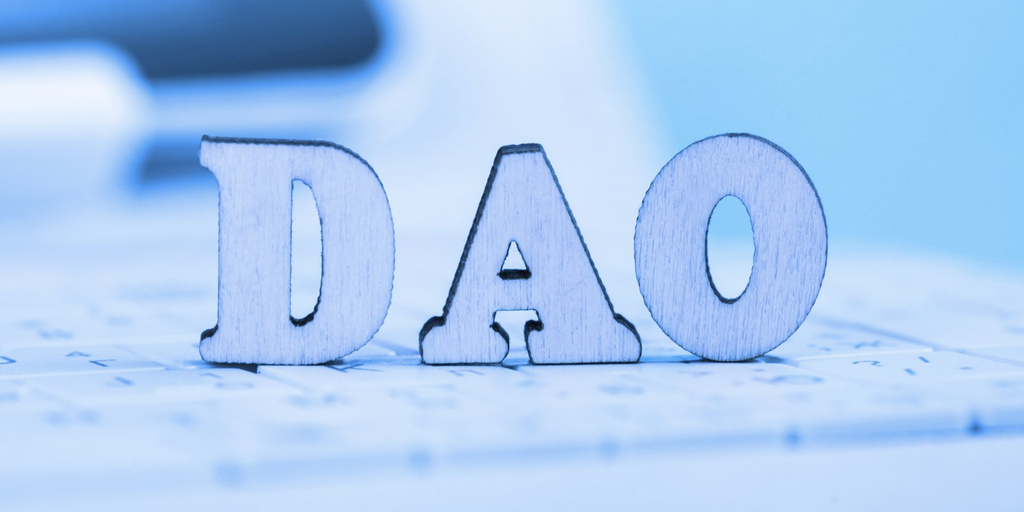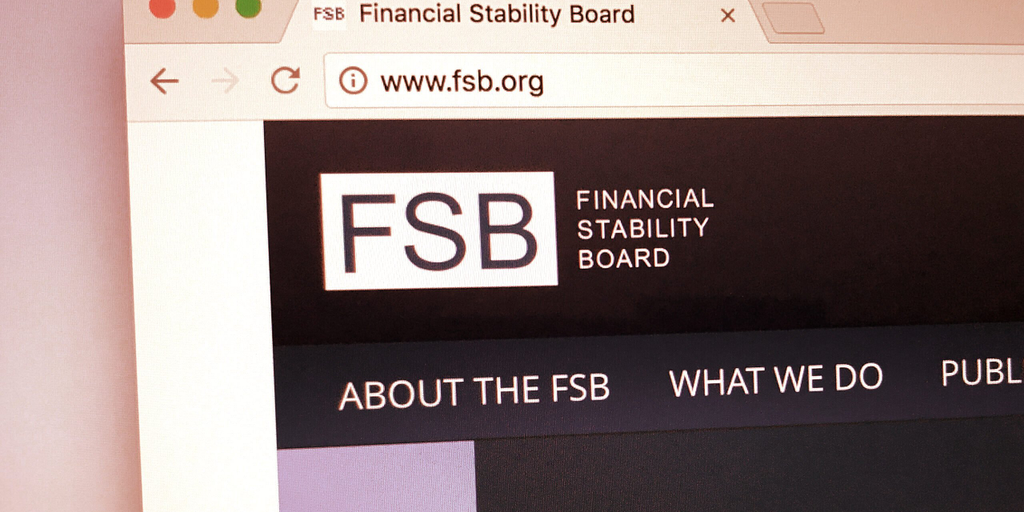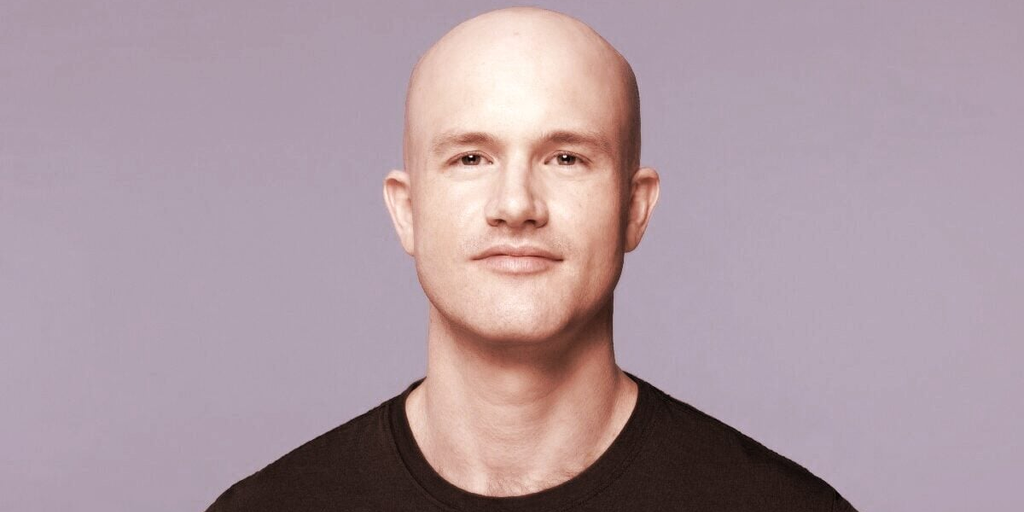
A California judge has ruled that the two founders behind Ooki DAO can be served in a regulator’s lawsuit against the project.
The Commodity Futures Trading Commission (CFTC) sued the decentralized autonomous organization (DAO) back in September. But by implicating the entire group of pseudonymous token-holders in the protocol, the action faced potential problems in identifying a real defendant who could make their case in court.
Now judge William H. Orrick of the Northern District of California has ordered the CFTC to serve the litigation to Tom Bean and Kyle Kistner, founders of the bZeroX protocol that was Ooki DAO’s predecessor.
The CFTC had argued that they did not need to serve any individuals and could instead serve notice of the complaint via online chatbot and forum posts.
Orrick said it “seems clear” that the DAO has notice of the complaint but that the CFTC should serve at least one identifiable token holder in the case to follow best practice.
Bean and Kistner already settled charges with the CFTC earlier this year, paying $250,000 for allegedly “illegally offering leveraged and margined retail commodity transactions in digital assets.”
But they will now be served in the court case as well because they can be identified as token holders based in the U.S., whereas the CFTC cannot identify where other participants in the project reside.
Ooki implications for other DAOs
The attempt to take legal action against a DAO ruffled feathers in the crypto world, raising questions about the legality of the organizational structure.
In its original filing, the CFTC said that Ooki DAO’s founders were wrong in their assertion that by giving the protocol to the community, there would be “nothing we can really do” when regulators asked them to comply with rules.
“The Ooki Protocol purports to offer users the ability to engage in these transactions in a decentralized environment—i.e., without third-party intermediaries taking custody of user assets,” the CFTC’s lawyers said at the time.
“In so doing, the Ooki DAO—which has never registered with the Commission—is unlawfully engaging in activities that can only lawfully be performed by a registered DCM [Designated Contract Markets exchange] and other activities that can only lawfully be performed by a registered FCM [Futures Commission Merchant] under the Act and Regulations.”
But the action drew criticism from the industry. Paradigm, a Web3 venture capital firm, filed an amicus curiae (a ‘friend of the court’ filing from a third party) arguing that the CFTC’s decision was misinformed.
“Holding a technological tool liable for the actions of some of its users makes no more sense than holding ‘the internet’ liable for misconduct it facilitates,” the firm’s lawyers argued.
Stay on top of crypto news, get daily updates in your inbox.
Sourced from decrypt.co.
Written by Alys Key on 2022-12-13 10:12:51.









